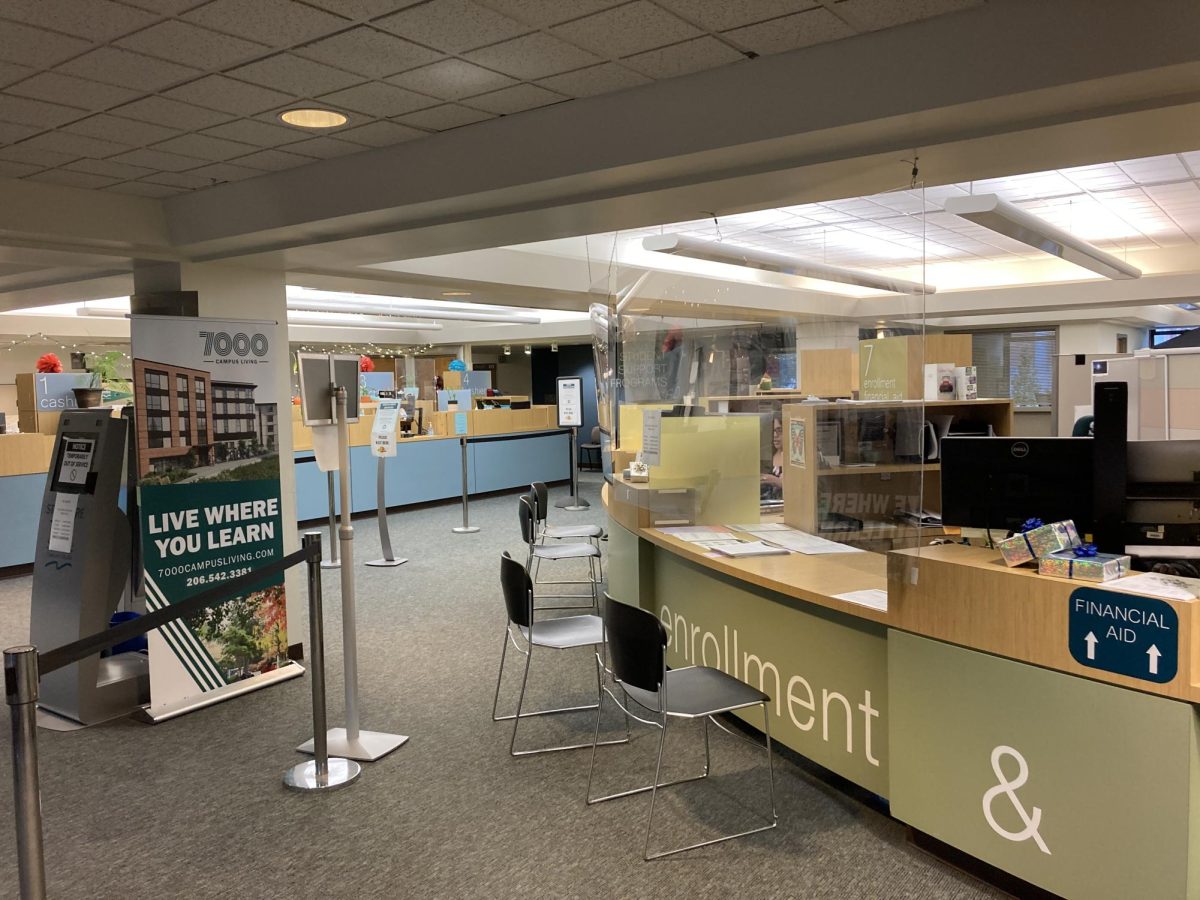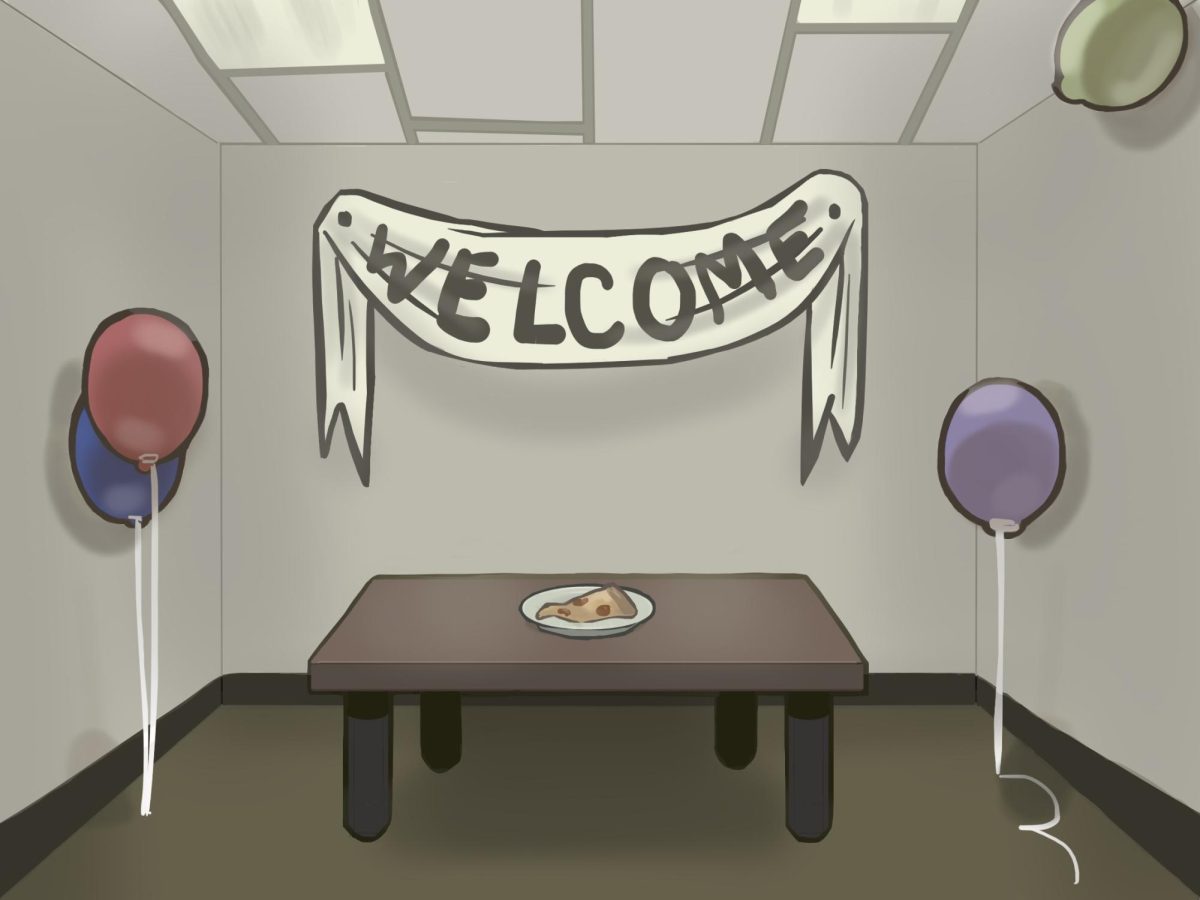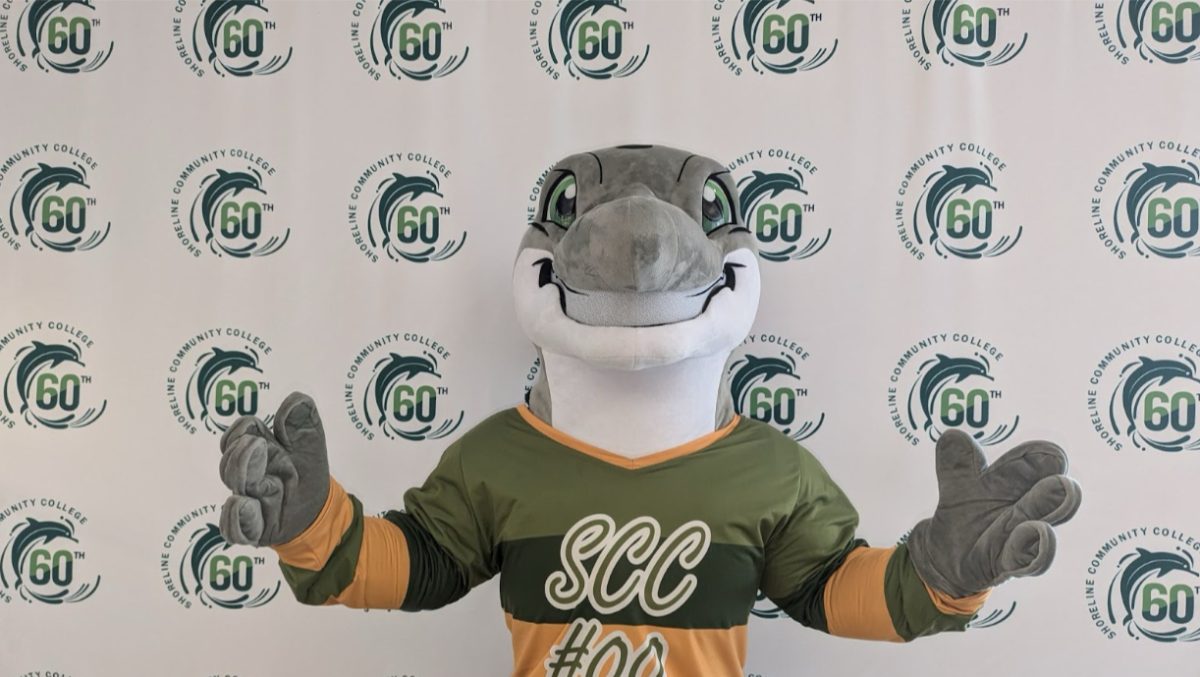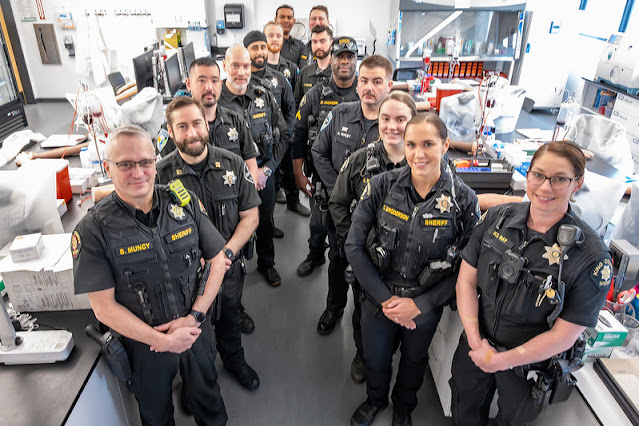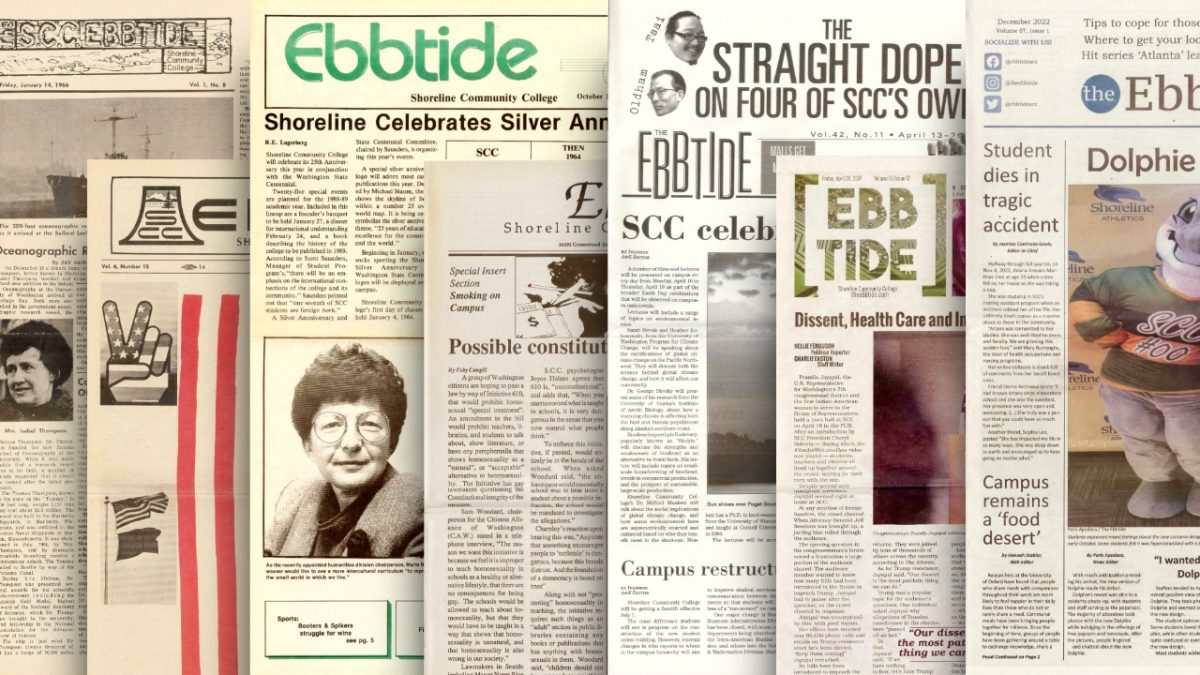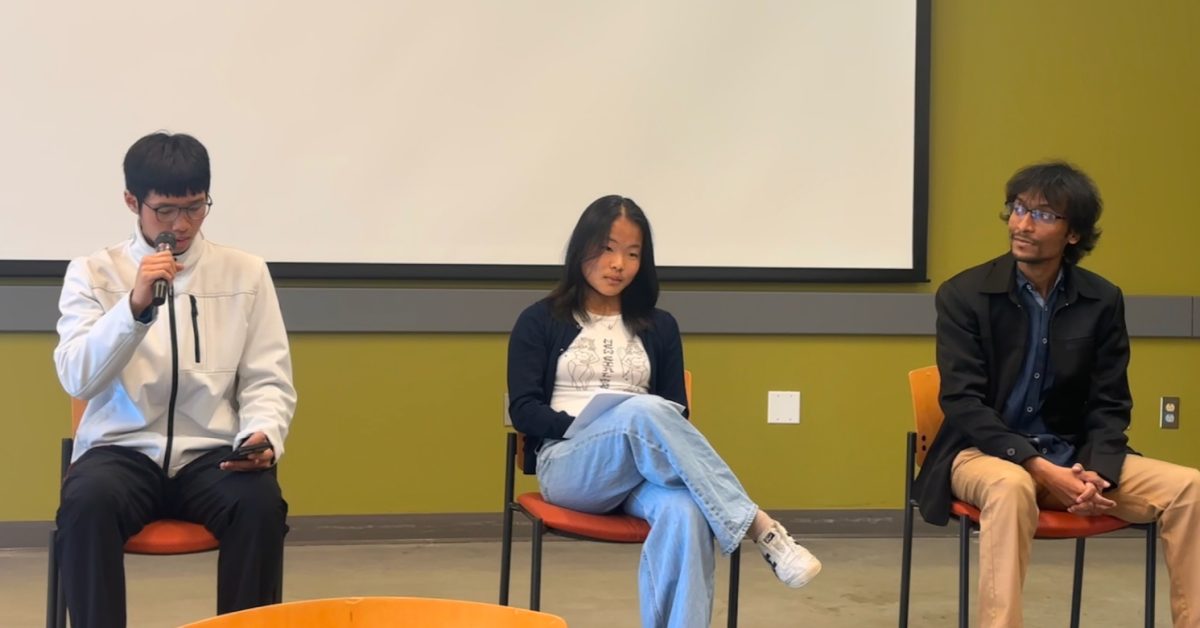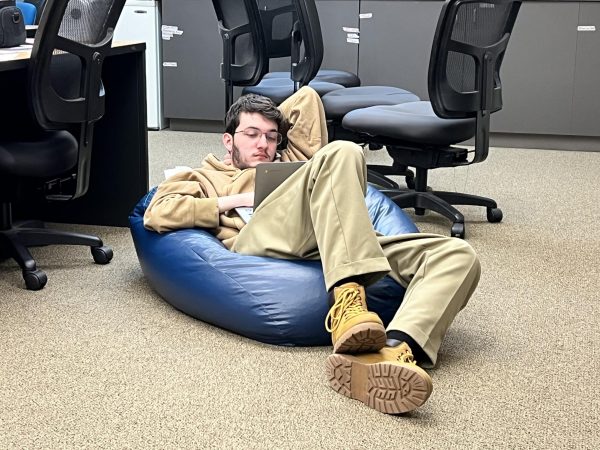Ghost students have been a persistent problem for Shoreline Community College, as well as the greater community college ecosystem for years. The term “ghost student” refers to a fraudulently created student account within the college’s online records. These bad actors enroll in entry level classes, typically as domestic students, hoping to hit a payday when applying for financial aid.
The problem exploded in 2020 with the passing of the CARES Act which increased the distribution of funds to academic institutions. SCC received over $4 million in federal funds for colleges and universities: an amount hard for scammers to ignore. While this funding has been exhausted for the school, falsified student accounts are still being created. Many of these students are not identified and filtered out until after the quarter starts. These increasingly sophisticated claims continue to clog up the college’s registration system.
“Thankfully since the […] funds have been exhausted we have been able to capture way more [ghost students] prior to any aid disbursement,” said Melanie Ruiz, Director of Financial Aid Services. “I’ve only had to report two students who got [federal] funds incorrectly.”
Ghost students impact the college in a variety of ways. One is simply by taking up room in classes that could be devoted to authentic students pursuing their degrees. Another is by the strain they put on enrollment and financial aid as resources are devoted to vetting whether applications are legitimate or not.
Director of Enrollment Services David Berner estimates 350 ghost students had been filtered out halfway through fall quarter of 2023 alone. Regardless, there have been multiple accounts of classes left empty due to ghost students because they require few prerequisites. Attendance normally drops from the outset of the quarter as students change classes or stop showing up altogether. What’s left are classrooms lacking the educational energy that comes from being in a room full of peers who are motivated to succeed.
Impact can vary greatly from class to class. “I’m a philosophy major so most of my classes are considered entry level,” said Orpheus Bradley, a student with close ties to professors within the Philosophy Department. “If it’s a 40-seat class maybe… half [never show up],” Bradley claimed. “It becomes very frustrating for me as someone who is interested in philosophy, it takes resources away from me and it’s also taking resources and time [from] the professors who spearhead the Philosophy Department.”
For other students the impact is minimal. “In classes now the teacher goes through all the names [on the roster],” said Natalia Belles, a psychology major. “It only takes five seconds,” Belles states, implying that the ghost student issue has had little to no effect on her academic goals. Ghost students share characteristics with fictional ghosts: they go under the radar, they silently possess the mechanisms meant for corporeal students and they can be hard to identify.
Under the new administration, greater efforts have been made in recent quarters to combat these fraudulent students. Berner brought light to this subject during the first two College Council Meetings of this academic year; bringing light to this subject as part of a larger initiative to alter how drops for non-payment would work going forward. His goal is to expand cross-departmental coordination on campus in order to reduce the impact of ghost students until more comprehensive measures can be put in place. Steps have been taken to provide additional training for staff regarding new student identification. Enrollment has also established a more direct line of communication with teachers so they can report suspicious patterns in class sign ups..
These smaller initiatives come behind a larger effort by the state to develop a technologically proficient system for flagging ghost students. In transitioning to CTCLink in early spring of 2022 the college was granted access to information shared between the 34 Community and Technical Colleges (CTC) of Washington. Through this system colleges can implement a registration state-wide block when a student has been deemed fraudulent, containing repetitive attacks. However, due to the ransomware hack in spring of 2023 many student records have become compromised or lost. It’s evident that strong and adaptable security measures for student information are needed, as interconnected systems depend on it to function.
Administrators are still searching for the key piece that would help preemptively filter out ghost students before the quarter starts. Application fees have been used successfully at other schools but don’t closely align with SCC’s values related to equity and inclusiveness. Earlier drop dates for nonpayment could provide more room for legitimate students in classes but require a high degree of transparency and would have a disproportionate impact on students in financial need.
One initiative taking form that could rectify the ghost student problem is a required new student orientation for domestic students. During the orientation new students would be able to verify their identity, sign up for classes with the help of academic advisors and ask questions directly while on campus.
There is an additional process when it comes to disbursement of federal financial aid that goes through the Department of Education. The Department of Education can flag students for a more in-depth verification check which requires them to sign up for funding by providing an ID and signing a statement of educational purpose in the presence of a staff member. This check can also be recommended by staff working within the SCC financial aid office.
Fraudsters target community colleges because the mission of these institutions is to offer an affordable education with the lowest barrier to entry possible. Every application is accepted but those who are let into the school need to go through additional hoops to secure funding. The disbursement of federal financial aid involves a verification check by the Department of Education, which may require students to provide an ID and sign a statement of educational purpose. Staff within the SCC financial aid office can also recommend this check.
Other forms of funding such as Foundation Scholarships remain more vulnerable to fraudulent submissions but have unique requirements that make repeated or mass application less viable. “We don’t want to put more barriers in place for the true people who want to come here, we want to welcome them.” Ruiz emphasized.
Initiatives are developing as the strategy to address ghost students becomes more refined. The impact on students is particularly noticeable in entry level classes, where graduation requirements may not be fulfilled. Limited space is occupied by the names of individuals who will never set foot on campus, who potentially never existed in the first place. While preparations are underway for a compulsory orientation for domestic students, scheduled to be launched in the upcoming academic year, administrators are diligently working to safeguard students’ funding and class availability in the interim.


